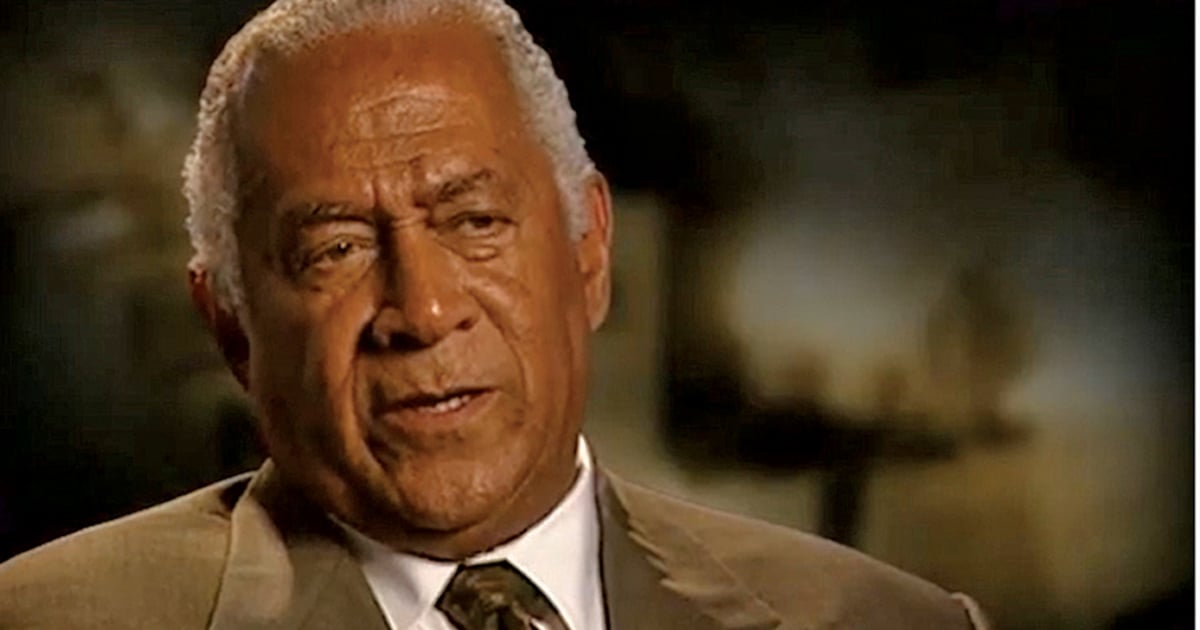
When Nathan Conyers acquired a Ford dealership in 1970, he was a unicorn of sorts — a Black auto dealer in a profession that was virtually all white.
At the time, Conyers was a partner in a successful Detroit law firm, a position that offered financial comfort and political connections. But Conyers’ father, a former factory worker and union organizer, preached the benefits of business ownership.
His son got the message. In 1970, Conyers and his brother — U.S. Rep. John Conyers of Michigan — acquired a Ford dealership in Detroit, the first Black-owned Ford outlet east of Chicago.
Conyers urged the Detroit 3 to provide training and financial support for fledgling Black dealers. With the help of Rev. Jesse Jackson, he formed the National Black Dealers Association later that year to press his case.
“The normal profile of a dealer is a person whose father, uncle, brother or some relative has been in the business,” Conyers told the Detroit Free Press in 1989. “Because the system is not producing them, or more important, because the system is excluding them, we have to artificially put together a process that creates black dealers.”
The Detroit 3 began to award more franchises to Black entrepreneurs, but they struggled against heavy odds. The stores typically were in inner-city neighborhoods, and many dealers did not have sufficient capital reserves to survive the recession of the late 1970s. Conyers and fellow Black Ford and Lincoln-Mercury dealers formed an association to represent the Black dealers in the automaker’s retail network.
In 1980, Conyers called for federal emergency loans, and 37 minority dealers gathered in Washington, D.C. to formulate a bailout proposal.
The participants also formed an organization dubbed the National Association of Minority Auto Dealers, with membership open to Black, Hispanic, Asian and Native American dealers.
Conyers, who served as the inaugural president of the new group in 1980 and 1981, won President Jimmy Carter’s support for the loans. But subsequent economic downturns took a heavy toll on thinly capitalized minority dealerships.
“Over the years we started to see the attrition,” said Damon Lester, a Nissan dealer and NAMAD’s president from 2007 until October. “A lot of Ford, Chrysler and GM stores were forced to close because of lack of capital.”
During the Great Recession of 2009 and 2010, for example, roughly 30 percent of Black dealers went out of business, according to Lester.
While minority dealerships had their ups and downs, Conyers prospered. Although he closed his Detroit store, Riverside Ford, in 2003, his Jaguar dealership in Novi, Mich., enjoyed bragging rights as a top-selling store. Conyers retired after he sold that dealership in 2007.
Looking back on the last 50 years, Conyers in a NAMAD video said he understood that the nation’s minority-owned dealerships needed to spawn the next generation of entrepreneurs, but it’s been an uphill battle.
According to Lester, 1,200 minority auto dealerships were in business last year, down from 1,800 in 2005. Many still struggle with capital and subpar locations.
Said Lester: “The issues have never changed.”